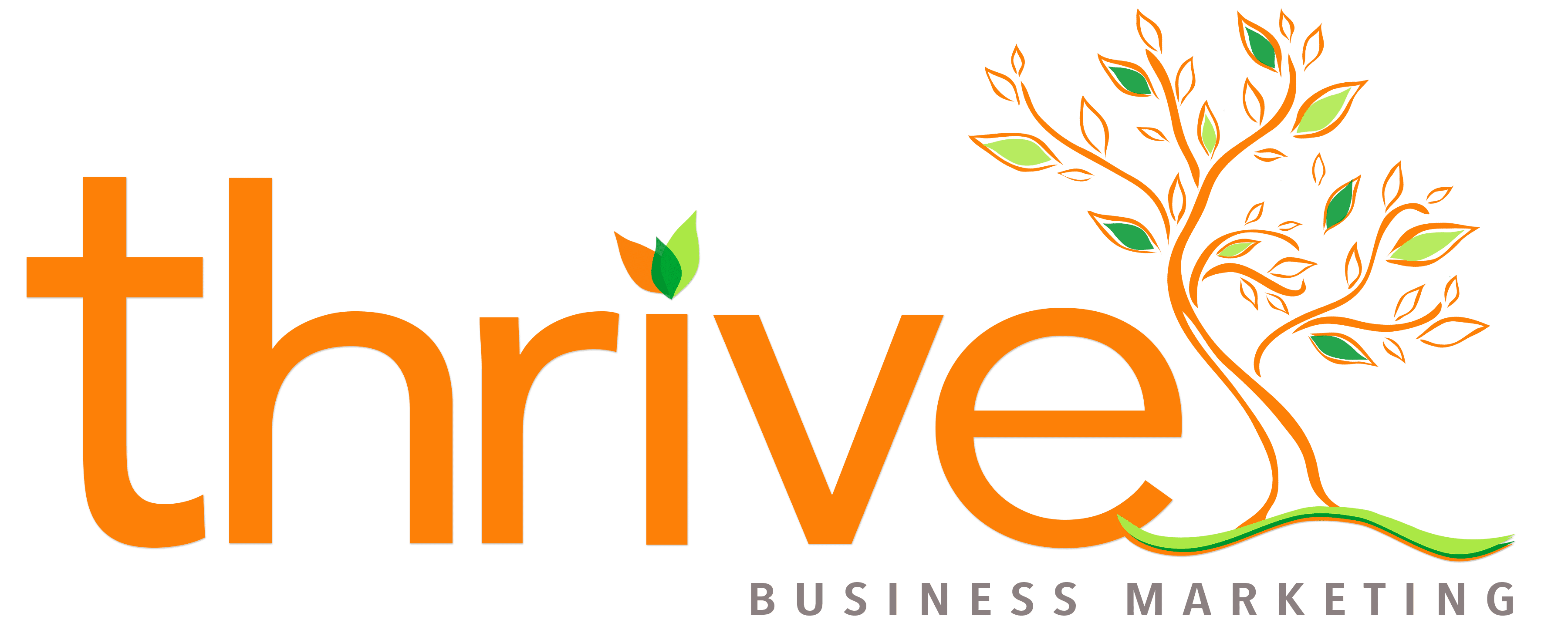 For a while now, we’ve been seeing ad blocking gain traction among users, and for publishers, it’s a growing concern. The IAB has called out certain ad blockers, calling them a sort of “protection racket.”
For a while now, we’ve been seeing ad blocking gain traction among users, and for publishers, it’s a growing concern. The IAB has called out certain ad blockers, calling them a sort of “protection racket.”
The same criticism was made by the Newspaper Association of America (NAA). There was a “cease and desist” letter that was issued by the NAA, which was signed by representatives of 17 publishers, which represented 1,200 newspapers, to the ad-blocking browser Brave.
The reason why the trade group objected to Brave was that they saw an attempt to use newspaper content to sell “Brave Network” ads that was going to replace the newspaper companies’ own ads, which were blocked. The following is an excerpt from the NAA letter:
Your plan to use our content to sell your advertising is indistinguishable from a plan to steal our content to publish on your own website. Your public statements demonstrate clearly that you intend to harness and exploit the content of all the publishers on the Web to sell your own advertising . . .
We stand ready to enforce all legal rights to protect our trademarks and copyrighted content and to prevent you from deceiving consumers and unlawfully appropriating our work in the service of your business. Unauthorized republication of our copyrighted content to support Brave’s illegal advertising model violates protected rights of publishers under the Copyright Act and other laws.
The Braver browser was launched in January of this year, and was developed by a team headed by Brendan Eich, who also created JavasScipt, and even co-founded Mozilla. There are multiple versions of Brave, which includes a desktop browser, as well as mobile version for both iOS and Android. The idea behind Brave’s advertising model is meant, according to the company, to be a privacy-friendly and secure platform for consumers.
The problem that the NAA has is that Brave’s ad revenue-sharing plan and micropayments are going to compensate them for the cost of content creation. Brave came back and responded tot he allegations in a post today.
There is a point-by-point refutation of the NAA charges that Brave has made. Brave has also said that they are “the solution, not the problem, for users and publishers. We provide speed, privacy, protection from malware, and a new, anonymous payment model that helps the whole industry and publishers in particular, compared to the status quo.”
Regardless of how Brave sees themselves, it all boils down to the matter of legal interpretation.
There was a recent consumer survey by Global Web Index that gives the top five reason for consumer ad blocking:
- Too many ads are annoying or irrelevant.
- Ads take up too much space and get in the way.
- I think there are too many ads on the internet.
- I find online ads intrusive.
- I want to speed up the time it takes for things to load on my mobile.

